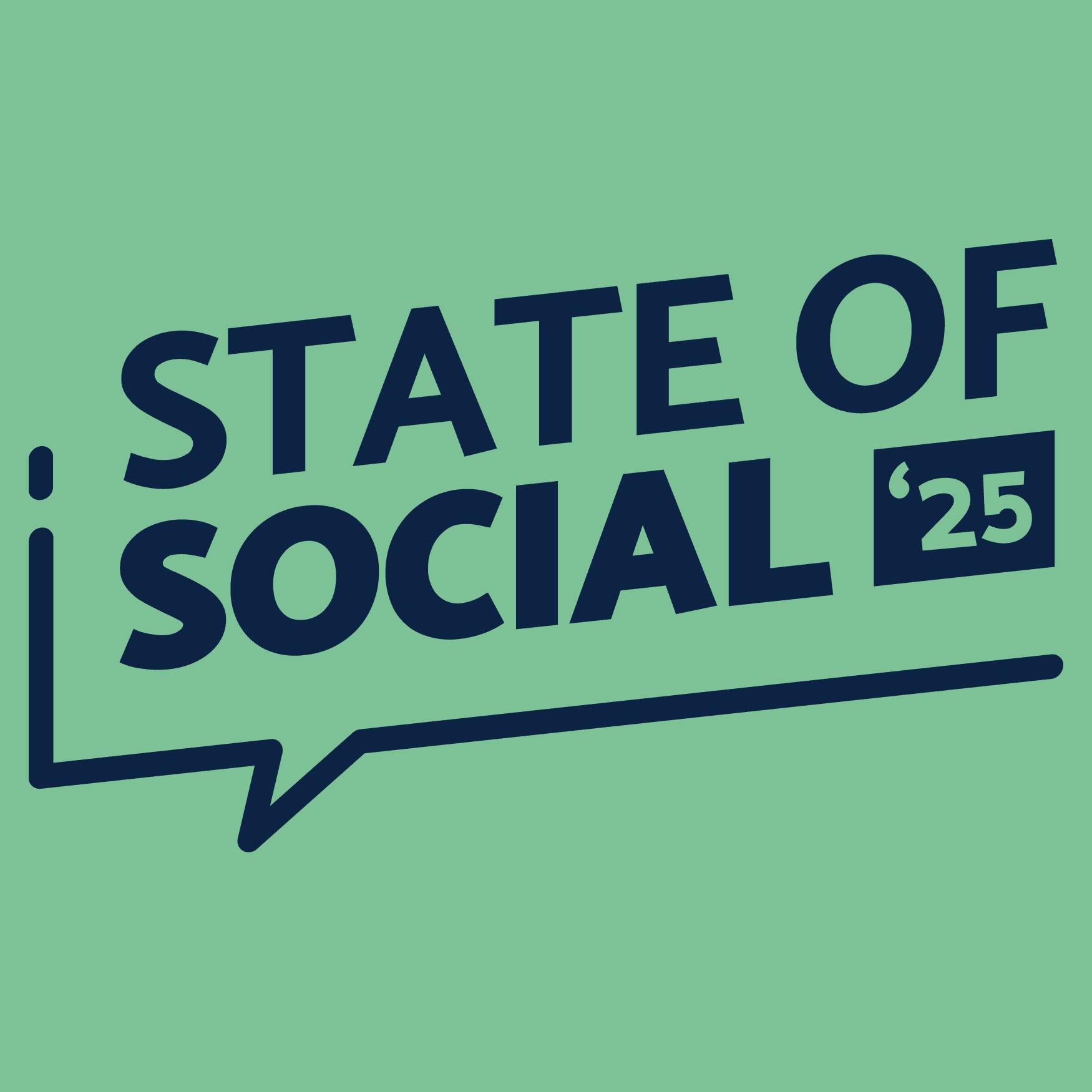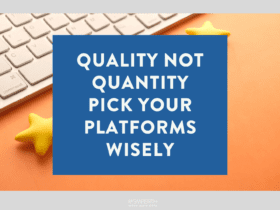Time for a little educational play.
Social media keeps changing, which is a challenge for social media managers who need to keep up without being constantly distracted.
It used to be that education stopped when the career began. But, over the decades, the increasingly rapid pace of change has meant there’s always something new to learn if you want to stay in the job. These days, it can feel like we never leave the classroom and professional development never ceases.
Social media managers know this only too well. You only need to blink and the social media landscape changes. New platforms, new trends, new features keep popping up and demanding attention – each heralded by hundreds of articles as either an essential new addition to your marketing mix or an important change that you ignore at your peril.
The Perils of Pop Culture
Keeping up can be exhausting. Falling behind your competitors can be worse. As a result, marketers can experience a constant anxiety about staying up to date with the latest everything.
Thing is, a lot of the noise is just that – noise. Do you need to know about every change to LinkedIn’s recommended image sizes, or can you trust your creative team to be on top of it? Do you have to experiment with every Instagram feature as soon as it’s released, or can you file it away until a project crops up that might benefit from it?
Social media managers certainly need to have a broadly holistic view of the changing landscape. You’re in the wrong job if you’re not at least interested in such developments. But usually the details can wait. Or be delegated.
One solution is to capture the information for later without distracting yourself with it now. For example, you might not read every tutorial published on Social Media Perth when they’re published, but you might bookmark them for the day they become relevant to what you’re working on.
This is where apps such as Evernote and Microsoft OneNote become powerful brain extensions – remembering and organising the knowledge and advice we don’t have time to process right now but might be essential one day. When interesting articles or tutorials pop up in the stream, it’s the work of a button click or two to capture, categorise and file them away for later without distracting you from what’s important today.
Of course, for these tools to work, there has to be a later. Bookmarking articles might feel organised and proactive in the moment, but without a plan for when you willread them, chances are you won’t.
That’s why it’s a good idea to schedule time each week for self-education. Knowing precisely when you’ll read those articles later means you’ll feel less pressure to read them now.
The Importance of Professional Development
Beyond keeping up with your reading, you also need time to try things out and put what you learn into practice. This scheduled “playtime” needs to be protected in your calendar. No stealing that time back because there are other more productive things you can do. There will always be other things to do in your business.
It also needs to be guilt free. This self-directed time, whether reading or playing, is about exploration, not results. If it turns out you’ve spent the whole afternoon experimenting with Prezi only to delete your efforts as unworkable, then so be it. You’ll still have learned what Prezi can and can’t do – experience that may come in useful when the next idea comes along.
No pressure to produce means you also have permission to fail – which is often where the best lessons are. Often, knowing what not to do, or which tools not to use – and why – can be just as valuable as knowing what’s tried and trusted to work well.
It doesn’t matter how busy we are, most people know the importance of scheduling some exercise each week – and sticking to it no matter what. We should treat career development in the same way, putting a little time aside each week to expand our knowledge and try new things.








LET’S CONNECT